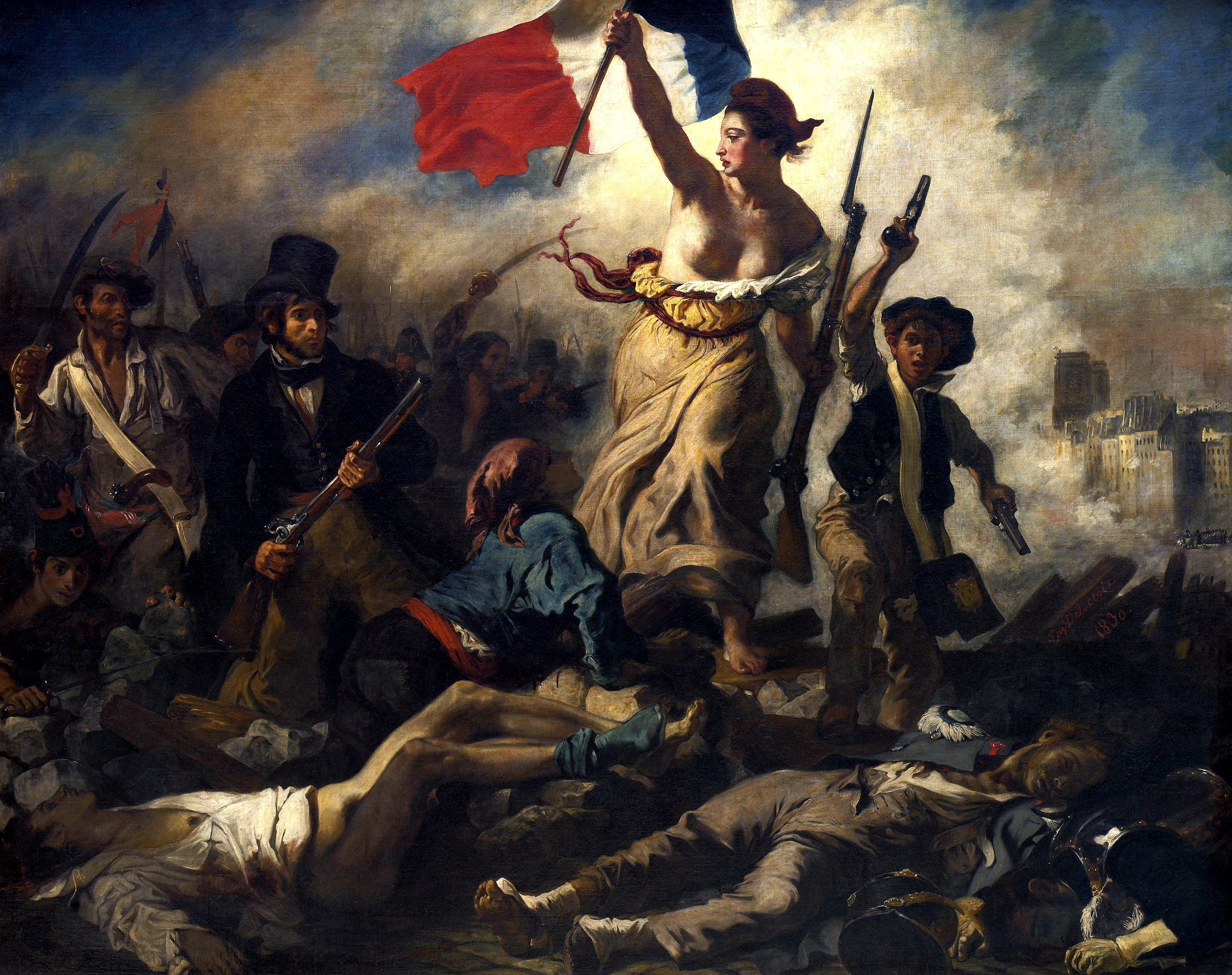Cheese is certainly worth celebrating, and the London borough of Greenwich will be doing exactly that when it hosts a giant cheeseboard this December.
I must admit that the idea of an "immersive cheeseboard" doesn't appeal to me - it sounds like an opportunity to be drowned in whey or smothered by fromage blanc! - but a massive celebration of cheese from across Europe certainly does. Centrepiece will be a huge backed Camembert (the only way I like that particular cheese), with artisan cheesemakers offering samples of their wares. Tickets are £30 - but include free cheese, biscuits, and mulled wine.
(The French part of me wonders about that mulled wine... not really the ideal accompaniment for most cheeses. One would normally prefer a slightly acidic Alsace wine or perhaps a dry rosé... though as Serious Eats points out, ideally you'd want to match a particular wine to a particular cheese. Difficult in the case of the giant cheeseboard!)
There are four sessions of the Giant Cheeseboard, on 16th, 17th and 23rd December 2017, and despite my slight misgivings, it actually sounds rather fun. If you're in London in the run-up to Christmas, it could be an unusual way to celebrate the winter season.
Update 18 December 2017
According to the Guardian, things haven't gone entirely according to plan. Certainly the photos in the article look more like Abigail's Party than 'immersive cheeseboard'.
I regularly (though not this year, alas) help with catering for about 60 people at a Morris dancing and folk music event. That might not be everyone's cup of tea, but Morris dancers and melodeon players have the same appetite as everyone else. What really strikes me is that the photos from the Giant Cheeseboard look uncannily similar to what I and various other helpers put out for the village hall supper on Saturday night.
I would not consider my 'cheeseboard' to be giant, gourmet, artisan, or any other amazingballs verbiage. It consists of a few Aldi or Waitrose cheeses chopped into bits and put on a tin tray.
If I'd paid thirty quid or more for it, I think I'd be disappointed.
I must admit that the idea of an "immersive cheeseboard" doesn't appeal to me - it sounds like an opportunity to be drowned in whey or smothered by fromage blanc! - but a massive celebration of cheese from across Europe certainly does. Centrepiece will be a huge backed Camembert (the only way I like that particular cheese), with artisan cheesemakers offering samples of their wares. Tickets are £30 - but include free cheese, biscuits, and mulled wine.
(The French part of me wonders about that mulled wine... not really the ideal accompaniment for most cheeses. One would normally prefer a slightly acidic Alsace wine or perhaps a dry rosé... though as Serious Eats points out, ideally you'd want to match a particular wine to a particular cheese. Difficult in the case of the giant cheeseboard!)
There are four sessions of the Giant Cheeseboard, on 16th, 17th and 23rd December 2017, and despite my slight misgivings, it actually sounds rather fun. If you're in London in the run-up to Christmas, it could be an unusual way to celebrate the winter season.
Update 18 December 2017
According to the Guardian, things haven't gone entirely according to plan. Certainly the photos in the article look more like Abigail's Party than 'immersive cheeseboard'.
I regularly (though not this year, alas) help with catering for about 60 people at a Morris dancing and folk music event. That might not be everyone's cup of tea, but Morris dancers and melodeon players have the same appetite as everyone else. What really strikes me is that the photos from the Giant Cheeseboard look uncannily similar to what I and various other helpers put out for the village hall supper on Saturday night.
I would not consider my 'cheeseboard' to be giant, gourmet, artisan, or any other amazingballs verbiage. It consists of a few Aldi or Waitrose cheeses chopped into bits and put on a tin tray.
If I'd paid thirty quid or more for it, I think I'd be disappointed.
